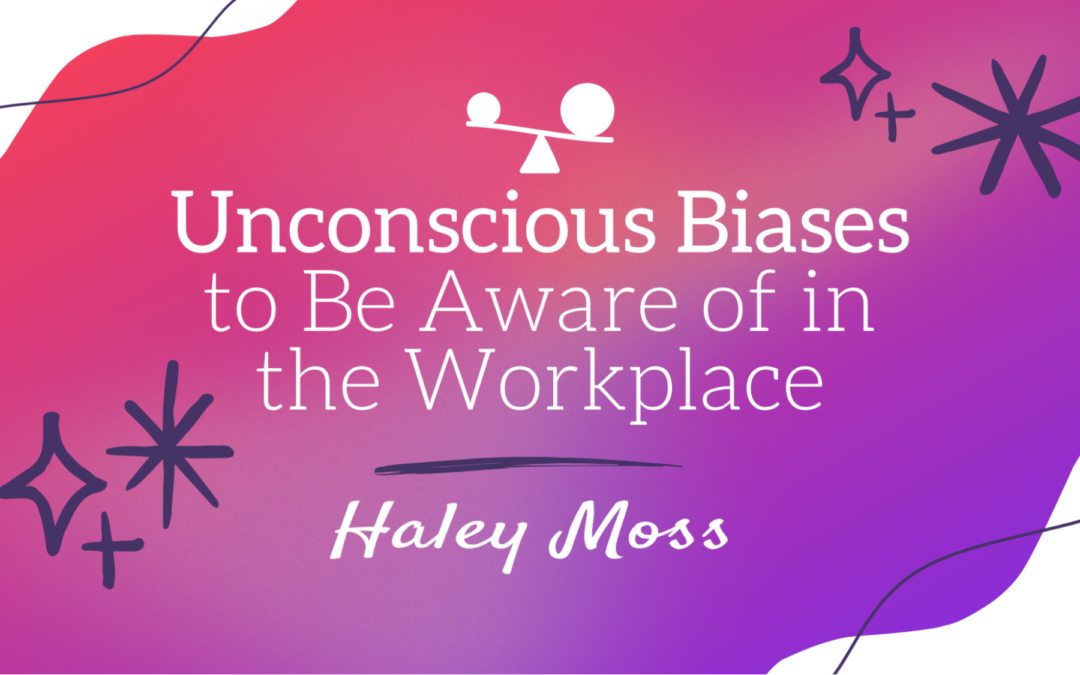It is 2025, but unconscious biases still dominate our society’s workforce. While many industries and organizations are working hard to address unconscious biases, numerous businesses still do not acknowledge the changes they must make to be successfully inclusive in the future.
Whether we are talking about the hiring process, the daily workload, training, or offboarding, unconscious bias can have a significant impact on the neurodivergent employees of your organization. It is essential to be aware and to be flexible.
Unwavering From a “Normal” Work Day
If it’s not broken, don’t fix it, right? Well, sometimes it might be broken without knowing it. A “normal” workday is something that has been embedded into the workforce for years: start at nine, clock in, work eight hours straight with a slot for lunch, and go home at six. However, this is not the case anymore. When we are unwavering in what we believe is normal, we are boxing out a significant number of individuals who could be extremely successful in our industries if they simply had access to a flexible schedule or hybrid work environment. Many neurodivergent individuals might need additional support or accommodations throughout the day to get their work done, and it is essential to be open to what that might mean for your business.
Adhering to One Communication Style
If the only way you communicate within your organization is face-to-face or through phone calls, or you only lead through one singular leadership style, you might be unknowingly closing the doors to many neurodivergent employees. Communication styles vary from person to person. While one person may thrive off of face-to-face direction, another team member might prefer direction to be sent to them through email. Neurodivergent individuals may need other communication styles than you are offering, and if you are not flexible enough, it could lead to miscommunication and misunderstandings.
Reporting to an Old, Outdated Hiring Process
Many inclusion and diversity issues within organizations start with the hiring process. Your outreach strategies, job descriptions, interview process, and screening process might be eliminating or closing the doors to neurodivergent individuals who are more than qualified for the position you have open. It could be time to reassess the hiring process from start to finish and see where there are possible areas of improvement and inclusion for those who might not do so well in multiple face-to-face interviews or to ensure your job description is not too confined.
Stereotyping Personality Types
Stereotyping the quiet or loud person is still extremely common in today’s workforce. However, you might be stereotyping someone with ADHD or dyslexia. Simply because someone is quiet does not mean anything about their overall work ethic or talent in the field. Additionally, just because someone is loud or outgoing does not mean they will be poor at their job or distracted. Stereotyping can lead to false narratives that simply have nothing to do with the person on the other end. It is always best to meet the person, get to know them, and see how you can help them succeed.
Connecting Certain Behaviors to Unprofessionalism
Fidgeting, taking breaks, pacing, or standing instead of sitting are often seen as signs of lack of focus or unprofessional behavior in the workplace. However, it is the complete opposite. Many neurodivergent individuals will practice these behaviors because it helps them focus and retain information. You might take notes or provide eye contact, but a neurodivergent employee might look away and tap a pen on the table. Both of these are providing the same result. It simply has different steps to get there. Assuming that one is “right” and “wrong” is a significant unconscious bias we still see today.
These unconscious biases in the workplace are holding back many talented, neurodivergent individuals from entering the workforce. It is time to be flexible with all of those who work for your organization. If you have questions or wish to learn more about strengthening your workplace in diversity and inclusion, contact me!

